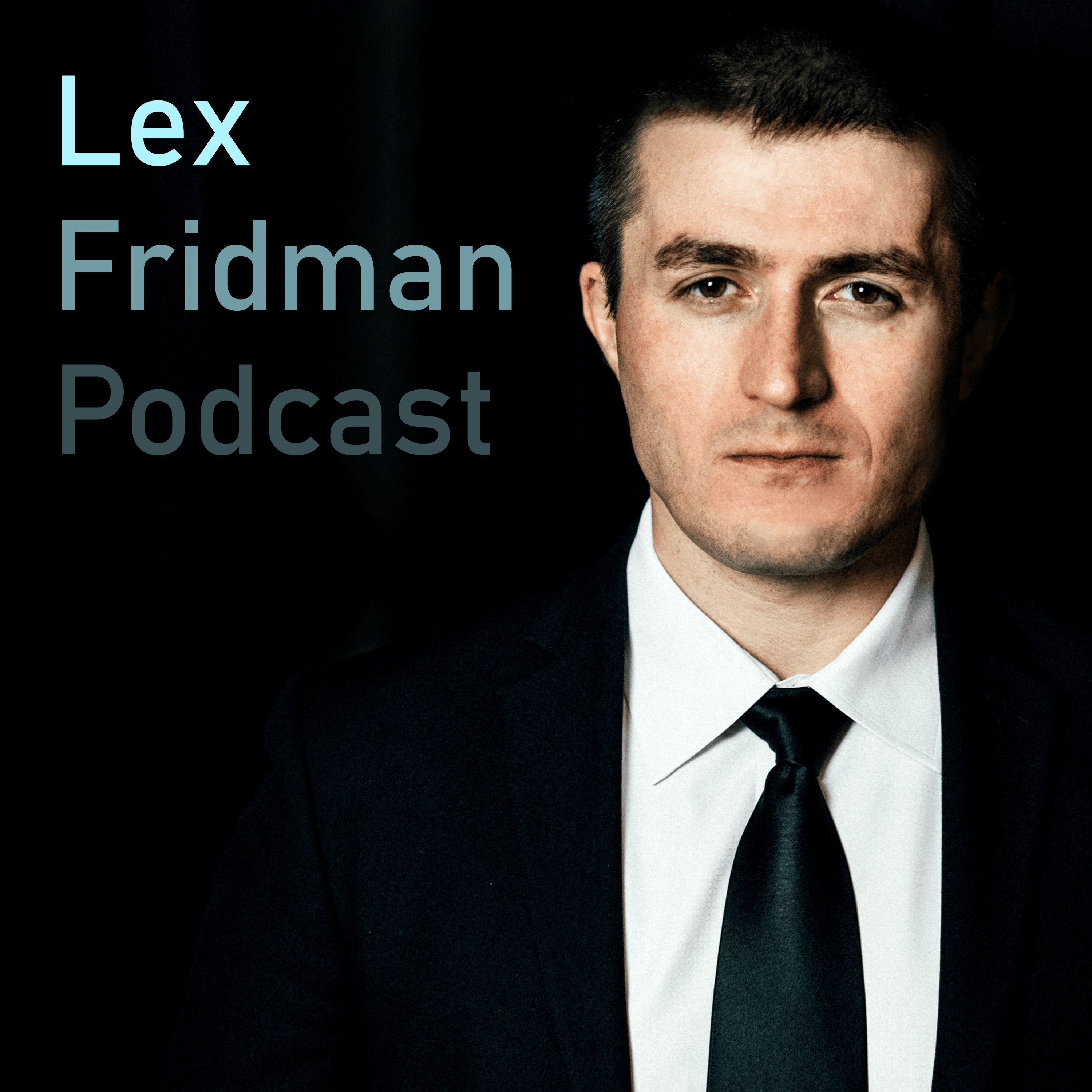
November 20, 2024 • 2hr 8min
#453 – Javier Milei: President of Argentina – Freedom, Economics, and Corruption
Lex Fridman Podcast

Key Takeaways
- Economic Transformation: Implemented largest structural reform in Argentina's history - 8x larger than previous reforms, with only 15% representatives and 10% senators support
- Fiscal Results: Achieved first fiscal surplus in 123 years within first month, reduced inflation from potential 17,000% to around 30% annually
- Philosophy: Self-described anarcho-capitalist ideologically but minarchist in practice, focused on minimizing state size and regulations
- International Alignment: Strong advocate for alliance with US and Israel, representing Western democratic values
- Cultural Battle: Emphasizes fighting on economic, political and cultural fronts against socialism and government corruption
Introduction
Javier Milei is the President of Argentina who took office in December 2023 amid an economic crisis with the country facing potential hyperinflation, massive debt, and widespread poverty. A libertarian economist by background, he campaigned with a chainsaw symbolizing his promise to slash government bureaucracy and implement radical free-market reforms.
Topics Discussed
Journey to Understanding Freedom (14:44)
Milei describes his intellectual journey to understanding economic freedom through studying Austrian School economics:
- Initially questioned traditional economic theory when studying GDP statistics showing massive growth post-1800
- Reading Murray Rothbard's "Monopoly and Competition" transformed his understanding of market structures
- Deeply influenced by works of Mises, Hayek, and other Austrian School economists
- "Everything I've taught about market structure in the last 20 years in courses on microeconomics is wrong"
Economic Philosophy and Practical Implementation (20:09)
Milei explains his economic philosophy and how he implements it in practice:
- Ideological Position: Anarcho-capitalist who "despises the state and violence"
- Practical Approach: Operates as a minarchist due to real-world constraints
- Definition of Liberalism: "Unrestricted respect for the life project of others based on non-aggression"
- Implementation Strategy: Focus on removing restrictions that can be changed while working on longer-term reforms
First Actions as President (30:02)
Details the immediate actions taken upon assuming presidency:
- Initial Situation:
- Inflation rising at 1% daily (3,700% annually)
- 15% fiscal deficit of GDP
- Negative foreign reserves of $12 billion
- 50% poverty rate
- Key Actions:
- Reduced government ministries from 18 to 8
- Laid off 50,000 government employees
- Eliminated discretionary transfers to provinces
- Restored utility rates to market levels
Results and Impact (49:22)
Discusses the outcomes of implemented reforms:
- Economic Improvements:
- Achieved fiscal balance in first month
- Reduced inflation from potential 17,000% to around 30% annually
- Lowered poverty from 57% to 46%
- Maintained employment levels despite reforms
- Structural Changes:
- Implemented 3,200 structural reforms
- Improved economic freedom rankings by 90 places
- Created framework for sustained growth
Fighting Corruption (55:54)
Describes efforts to combat systemic corruption:
- Eliminated "poverty managers" who acted as intermediaries for social programs
- Ended system of roadblocks used for extortion
- Removed official advertising to reduce media corruption
- Filed numerous court complaints against corrupt practices
Freedom and Cultural Battle (1:04:32)
Discusses the broader ideological fight:
- Three Fronts of Battle:
- Economic: Free enterprise capitalism
- Political: Republican liberal democracy
- Cultural: Fighting socialist/woke ideology
- "The liberals neglected the cultural battle...socialism has been very successful in the cultural battle"
Views on International Relations (1:32:13)
Outlines his approach to international relations:
- Strong alignment with US and Israel as representatives of Western values
- Supports making Argentina part of NATO
- Seeks deeper trade and investment ties with US
- Advocates for "making America great again"
Personal Insights and Leadership Style (2:01:03)
Shares personal philosophy and approach to leadership:
- Values loyalty and unconditional love, learned from his dogs
- Combines economist's rigor with rockstar showmanship
- Embraces "El Loco" (madman) nickname
- "What is the difference between a madman and a genius? Success."
Advice for Young People (2:03:40)
Offers guidance for aspiring change-makers:
- Live consistently with your values
- Never give up or be half-hearted
- Better to fail trying than never attempt
- "I would rather cry because I failed rather than not crying because I never tried"
Conclusion
Javier Milei represents a bold experiment in implementing libertarian economic principles at the national level. His presidency marks one of the most ambitious attempts at economic transformation in modern history, combining radical free-market reforms with a broader cultural battle for freedom. While facing significant opposition and challenges, his early results show promising signs of economic stabilization and growth. His success or failure could have significant implications for the future of free-market reforms globally.